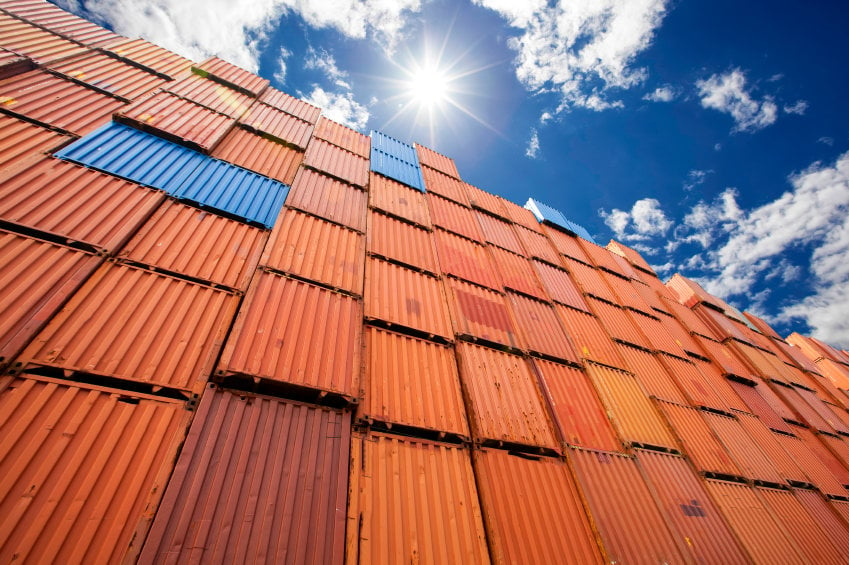The global shipping industry is a cyclical business where many factors, both external and internal, affect the market conditions. Even though, world’s economy, political conditions and trade dynamics trigger the volatility, shipping companies also contribute to the volatility through new vessels, merger and acquisition decisions. For the last couple of years, we’ve seen this clearly with the trans-pacific trade which is the largest trade in the world. As soon as the market picks up and carriers begin to make profit, the carriers that are in the market start ordering new vessels and engaging in too much risk, while the outsiders (like carriers that do not operate in that trade) see the booming profits and tap in to the market with their vessels diverted from other trade lanes. So, what are the strategies that carriers do to deal with this cyclical pattern? I will try to identify and explain as below.

Capacity management & Consolidations: Fleet capacity is a big challenge since carriers have to maintain fixed schedules over a large # of trade lanes and as we well know the demand is not fixed (such as per week or month), so carriers devise new strategies to cope with this problem. As a short term strategy, they delay the production of new vessels and even try to cancel the ones in early production. As for long term strategy, carriers started to use each others vessels extensively. One good example of this was when there used to be service almost every day from a seaport in china and recently this was reduced to 3-4 sailings thanks to carrier’s efforts to use each others vessels. Another example happened a few weeks ago, Maersk line announced that they are forming a new company along with MSC and CMA (top carriers in the industry) where the major goal is to act more collectively to limit space and freight levels, thus increasing entry barriers to the industry.
New pricing strategies: For years, the shipping industry relied on service contracts where a fixed rate was offered to contract holders and there was only one surcharge added on usually in the summer months (peak season). However for the last couple of years, the demand fluctuated so much that carriers started to implement new surcharges that never existed before, like the Emergency Recovery surcharge as well as the multiple GRI’s. In other words, the market is becoming more transparent and traditional demand pattern is changing that in order for carriers to adjust to this new shipping pattern they are adding more clauses to contracts so that they do not bind themselves with fixed rates over a long term period. We see this trend in commodity markets like iron trade, where pricing is now spot basis instead of fixed rates.
Slow steaming (decreasing the speed) of vessels: The biggest cost factor in freight levels (just like airlines) is the fuel oil and the easiest way to reduce the cost without disturbing the fixed service level is decreasing the speed of the fleets. This may sound as insignificant at first, however when we look at the numbers, the reality is shocking. For example, decreasing the vessel speed in knots from 27 to 22 saves 58% and from 27 to 18 saves close to 75% on fuel. Of course, carriers have to make sure sensitive commodities, like garment and textiles, are not badly affected with the extra days in ocean-however the savings are significant.
In conclusion, the container shipping industry is a highly capital intensive industry with a lot of factors affecting profitability. As the industry experts say, in the shipping business you will always have a million dollars in the end but first you have to invest ten million…






Greetings! I’ve been following your web site for a long time now and finally got the
bravery to go ahead and give you a shout out from Lubbock Tx!
Just wanted to tell you keep up the good job!
Greetings from California! I’m bored too death at work
so I decided to check out your website on my iphone during lunch break.
I enjoy the knowledge you present here and can’t wait to take a look when I get home.
I’m surprised at how fast your blog loaded on my phone ..
I’m not even using WIFI, just 3G .. Anyways, excellent site!
Thaks to my father who informed me abbout this webpage, this web site is truly remarkable.
Comments are closed.